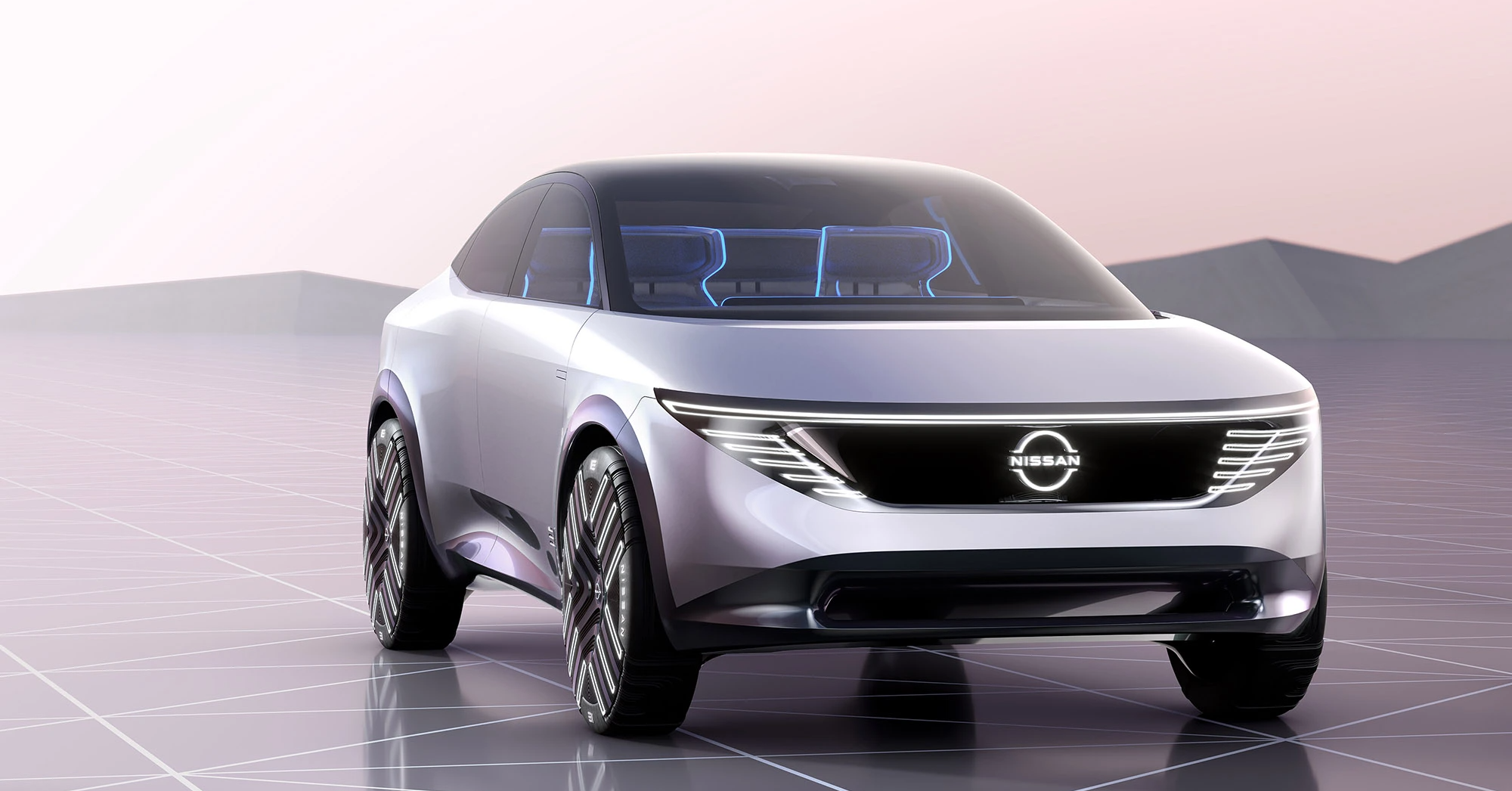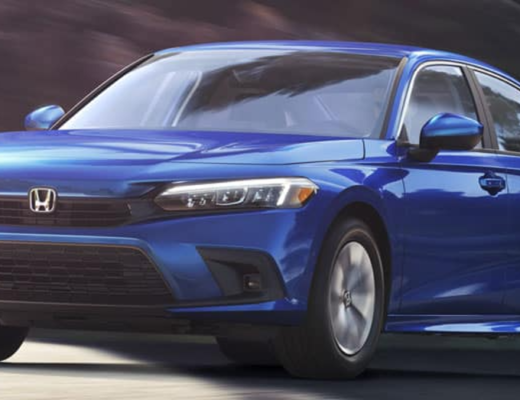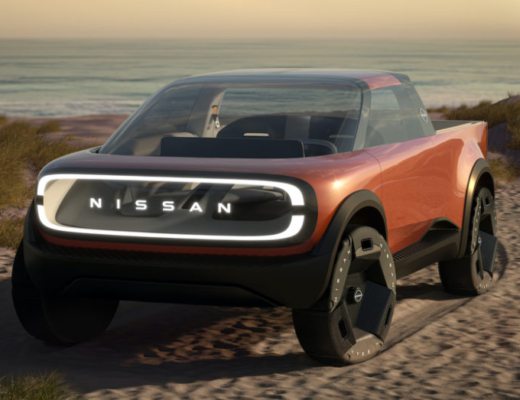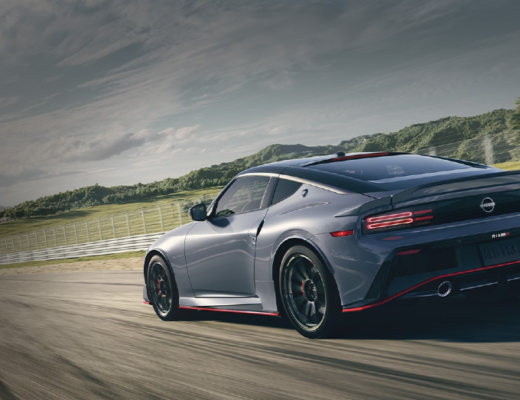Nissan is holding an exhibit this month aptly named Nissan Futures in their Global Headquarters Gallery in Yokohama, Japan. As part of the summit, the automaker will discuss the next steps in electric vehicle development, and how they can best position themselves for success. The future is undoubtedly electric as many companies shift that direction, the question remains; How will Nissan position itself to be a sustainable leader in the EV space and what does that mean for innovation?
Solid State Batteries and Wireless Charging Are the Next Step S Forward
One of the main concepts that will be discussed during this innovation exhibit will be the
concept of solid-state batteries and wireless charging. As automakers have successfully made the leap into electric automotive power, the race begins to see who can put forward the most efficient, long-lasting, battery recharge methods available.
According to data compiled by EVBOX, the average range for the electric vehicle is roughly 211 miles. At the end of a full depletion, however, drivers have to wait extended periods of time, sometimes hours to get their vehicle charged up and ready to go again. Solid-state batteries and wireless charging would aim to improve performance all while improving battery charge time. In its simplest terms, a solid-state battery has no liquid electrolyte (hence the name) and has the potential to reduce battery costs all while improving performance.
In addition to improving performance, solid-state batteries aim to prove overall enhanced maintenance so that the next time you come into a Nissan collision center, it’s not about issues regarding your battery.
Nissan Positions Itself Is a Worthy Competitor
The automaker is not shy about its bold ambitions and already has plans in place to execute these ambitions. Nissan is committed to building a pilot production plant for the first round of solid-state batteries by the year 2025. By 2026, Nissan hopes to complete the initial application engineering process so as to have a vehicle application by 2028.
Nissan’s senior vice president for research and development in Europe, David Moss, shared in a report with Autocar, “We think we have something quite special and are in a group leading the technology,” adding, “We want to get the cost down [compared with standard lithium-ion batteries] by 50 percent, to double the energy density and to offer three times the charging speed.”
Nissan knows its target audience and intends to continue developing and improving lithium-ion batteries all while making the first advances in all-solid-state sodium batteries or ASSBs as they are commonly known.
Despite Hiccups along the Way, Nissan Stays Committed
Nissan was once one of the leading automakers when it came to low-cost mass-produced electric vehicles. However, the delayed introduction of its electric vehicle the Ariya caused Nissan to lose some its footing in the market.
As the automaker isn’t the only competitor working on solid-state batteries, Nissan is committed to moving further faster in ways it’s done in the past. Until then, drivers should keep a lookout for the future of EV batteries as Nissan will undoubtedly be a leader when it comes to improving power, performance, and charging capabilities.




